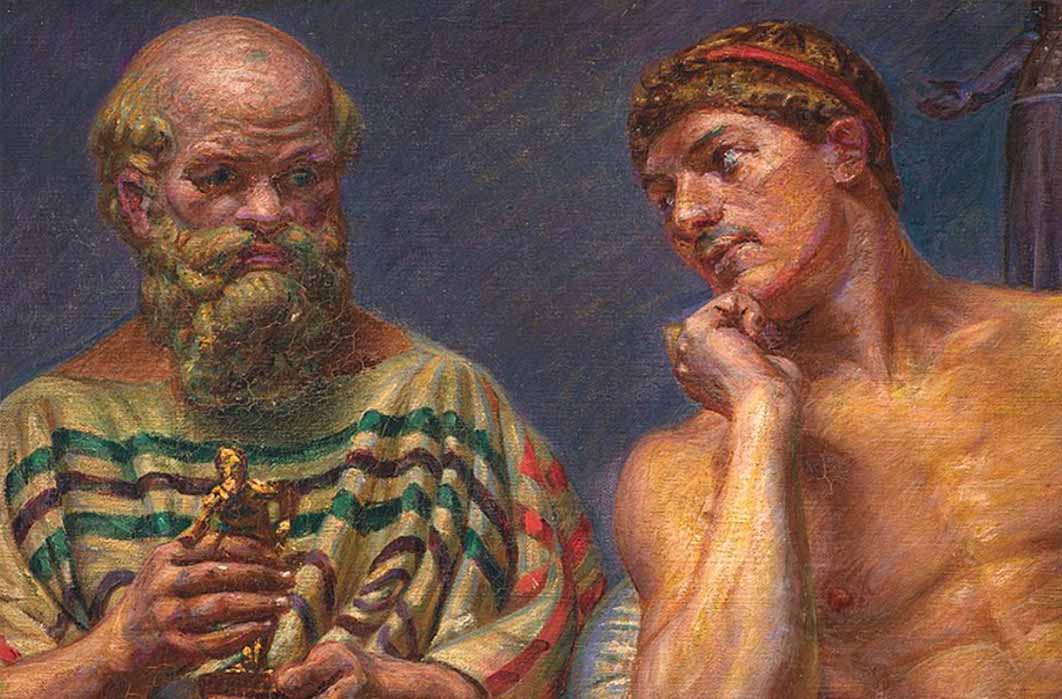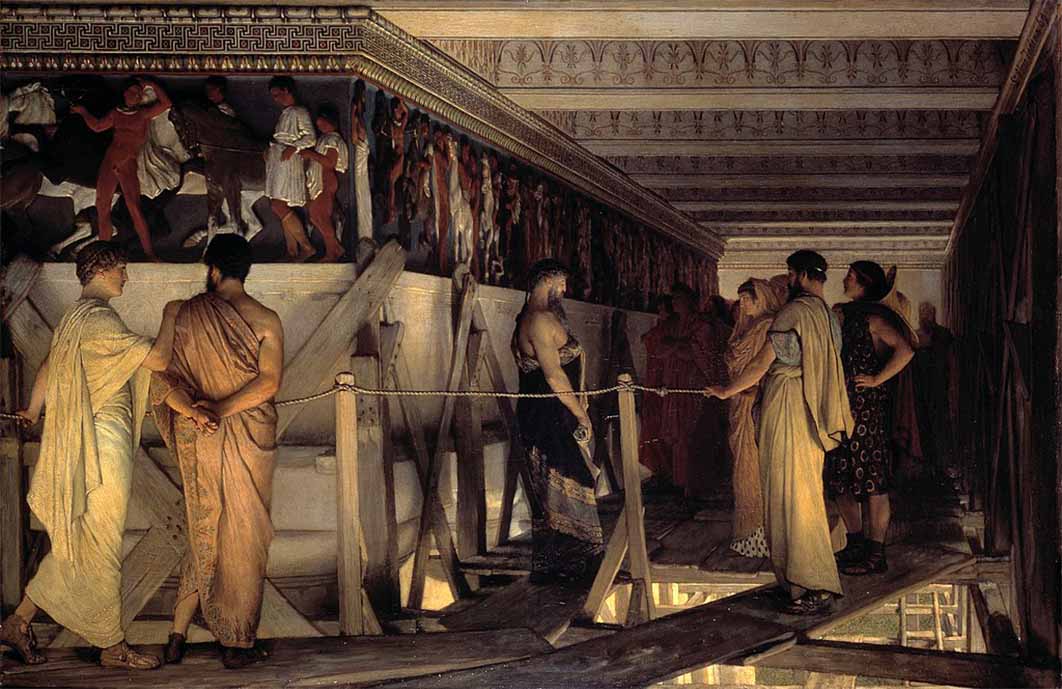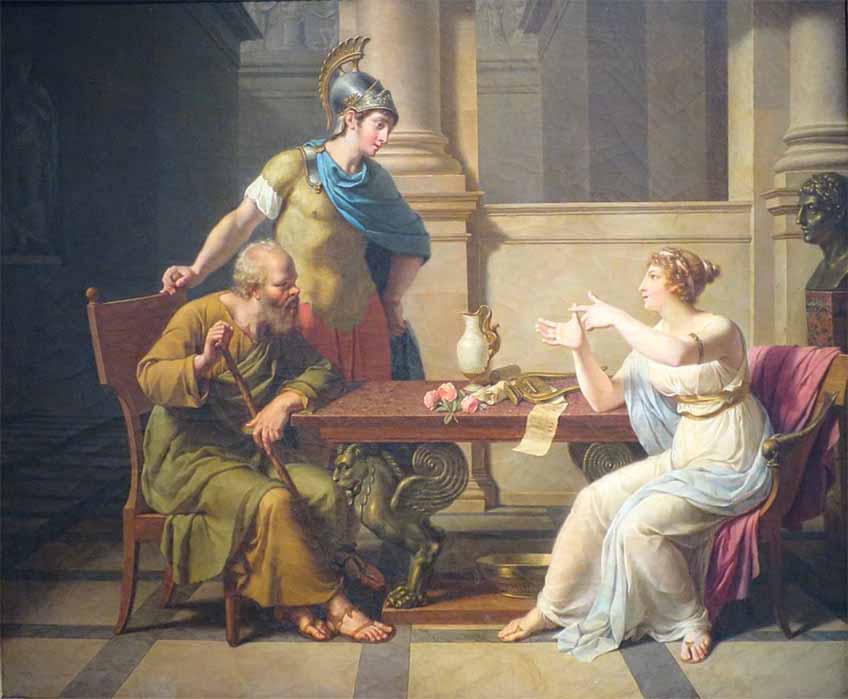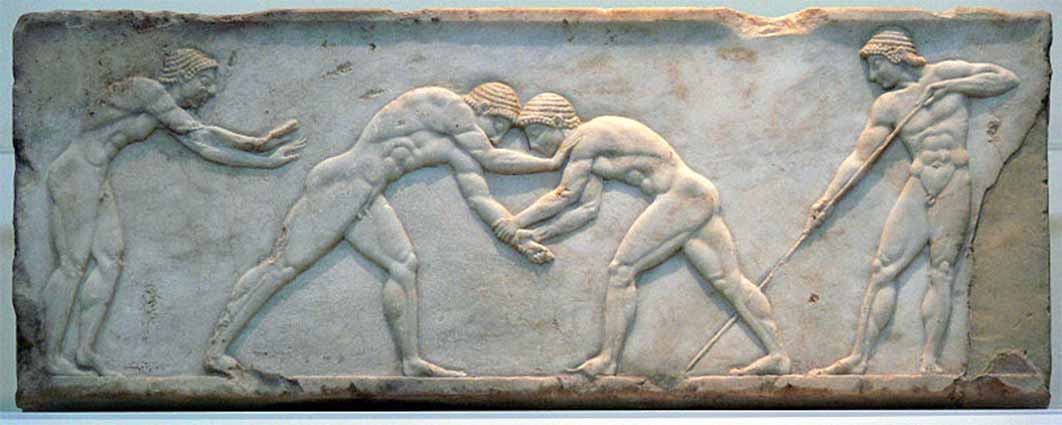
Athens’ Alcibiades: Charming Playboy, Conniving Politician Or Treacherous Opportunist?
Pericles and Alcibiades were both descendants of the Alkmeonidai, an ancient Athenian aristocratic family. Pericles (495 – 429 BC) was an influential Athenian politician and general in the fifth century BC, who led Athens into the Golden Age. His cousin’s son Alcibiades, (450 – 404 BC) whom he had adopted, also became a general and a politician, but had a dubious legacy, with fluctuating moments of glory and treachery in his love-hate relationship with Athens.
Pericles promoted the arts and literature in Athens through his support for the construction of the Parthenon on the Acropolis, after the devastation caused during the Second Persian invasion in 480 BC. The Parthenon housed a massive gold and ivory statue of Athena and was adorned with elaborate sculptures and friezes depicting scenes from Greek mythology, most created by Pericles’ friend, the sculptor Phidias. This same Acropolis project included, among other things, a Victory Temple: the Athena Nike and the Propylaea (the Acropolis’ entrance gateway), both of which were much more expensive than any previous buildings in the city. Under Pericles' leadership, Athens and its extended domain flourished, and Athens became Greece's political and cultural center, sandwiched in a time period between the end of the Greco-Persian and the start of the Peloponnesian wars.

Young Alcibiades with his hand on a friend’s shoulder, and Pericles and his mistress Aspasia admiring sculptor Phidias’ Parthenon frieze, by Sir Lawrence Alma-Tadema (1868) Birmingham Museum & Art Gallery (Public Domain)
Alcibiades was the son of Cleinias, a cousin of Pericles. Born in Athens around 450 BC, Alcibiades was only a boy when Pericles adopted and raised him, shortly after his father's death in the Battle of Coronea. Raised as Pericles’ ward, it is said that Alcibiades rose to prominence due to his wealth, good looks and extravagant lifestyle. Later, during the Peloponnesian War in the fifth century BC, Alcibiades became a general like Pericles before him. However, unlike his famous kin, Alcibiades developed a reputation for cunning and treachery.
The Charming Youth: Alcibiades
In The Life of Alcibiades, Plutarch writes Alcibiades was a beautiful child, yet even at a young age, Alcibiades was also noted for his confidence and quick speech which was accentuated by his lisp. Aristophanes, the comic playwright, makes fun of his speech impediment by remarking, "That lisp of Alcibiades hit the mark for once!" The mere fact that Aristophanes took the time to mock Alcibiades’ speech indicates that even as a child, Alcibiades was already well-known in Athens for his charm and beauty.

Perikles, Alcibiades’ uncle and ward, his mistress Aspasia and Socrates engaged in a conversation by Nicolas-André Monsiau (1799) (Public Domain)
However, this same charming and beautiful child was also prone to misbehaving. Plutarch gives many examples of Alcibiades’ childhood adventures. For example, while still a child, Alcibiades was playing in the narrow street as a wagon came along. Seeing the wagon, instead of rushing out of its way, Alcibiades obstinately yelled at the driver to stop as his toy lay in the wagon's path. When he saw that the driver ignored him and his friends ran out of the way, Alcibiades suddenly threw himself in front of the wagon and loudly told the driver to drive over him. Petrified, the driver pulled up his horses sharply, and spectators on the road ran to help little Alcibiades as they thought he was injured.





